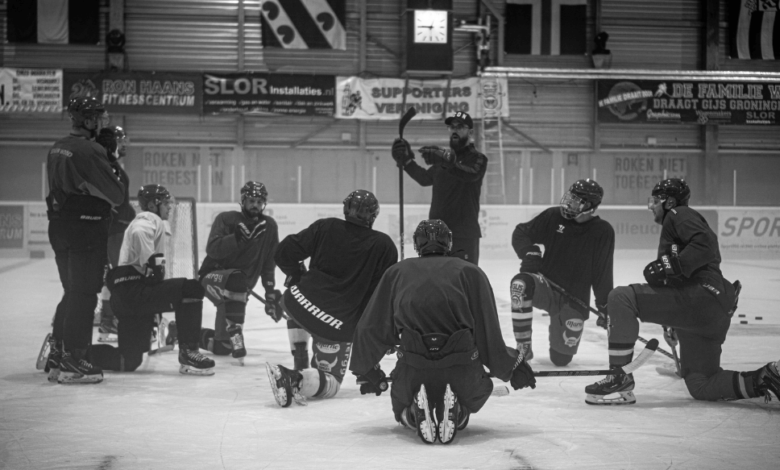Esquimalt Firefighters Memorial Hockey Tournament Mental Health

How the Esquimalt Firefighters Memorial Hockey Tournament is changing the conversation around firefighter wellness. The annual Esquimalt Firefighters Memorial Hockey Tournament serves not only as a competitive event but also as a crucial platform for discussing the physical and mental health of firefighters.
Fighting Fire with Ice: A Community Rallies for Mental Health
On Vancouver Island, what began as a memorial has evolved into a powerful movement for mental health awareness. The annual Ken Gill and Forrest Owens Memorial Hockey Tournament in Esquimalt, British Columbia, brought together firefighter teams from across the region this March—not just for friendly competition, but to honor lost colleagues and break the silence around first responder mental health. This event is part of the broader Esquimalt Firefighters Memorial Hockey Tournament efforts to support firefighter wellness and mental health.
Held at the Esquimalt Archie Browning Sports Centre, the event is a tribute to two local firefighters who tragically died by suicide, and it continues to grow in meaning, momentum, and impact.
A Legacy of Brotherhood, Now a Beacon for Healing
The emotional roots of this tournament run deep. Ken Gill and Forrest Owens were beloved members of the firefighting community—respected, admired, and remembered not just for their service, but for their struggles. Their untimely deaths forced an honest reckoning within departments across the region.
In their memory, teams from Victoria, Central Saanich, Saanich, Sidney, and Esquimalt gather each year—not just to play, but to give back. Each team champions a local organization, from the Esquimalt Neighbourhood House to Wounded Warriors Canada, blending sport, community, and purpose. The Esquimalt Firefighters Memorial Hockey Tournament is a key part of these efforts.
Read more: Why Mental Health in Public Service Needs Urgent Attention
The event isn’t just symbolic. It includes expert-led panels like “Beyond Mental Health and Towards Mental Thriving,” which feature registered clinical counsellors and trauma experts discussing post-traumatic growth, burnout, and how to transform institutional culture in high-stress professions.
Why This Matters: The Broader Mental Health Movement
Globally, suicide is one of the leading causes of death among first responders. In Canada, studies show that 44.5% of firefighters experience mental health symptoms, including PTSD, depression, and substance abuse (source). Yet cultural stigma often forces silence.
This tournament isn’t just a game—it’s part of a quiet revolution. Firefighters are pushing back against the notion that resilience means stoicism. Instead, they’re proving that real strength lies in connection, vulnerability, and community support. Events like the Esquimalt Firefighters Memorial Hockey Tournament are crucial in this revolution.
And the public is listening. Attendees, families, and supporters packed the stands, with local media amplifying the message. Social media echoed the tournament’s emotional weight, with hashtags like #StrongerTogether and #FirefighterMentalHealth trending in local circles.
Related: Community Sports and Mental Health Recovery: A Hidden Link
The Ice Is Just the Beginning
This year’s tournament has set a new standard for community-driven mental health initiatives. But the work is far from over.
Departments are now exploring year-round programs, from peer-support networks to resilience training. There’s growing pressure on municipal and provincial governments to invest in comprehensive mental health support for emergency workers—not as charity, but as necessity, a sentiment strongly underscored by the Esquimalt Firefighters Memorial Hockey Tournament.
Esquimalt’s annual hockey tournament stands as a testament to what’s possible when tragedy meets purpose—and when silence is replaced by solidarity. This is the essence of the Esquimalt Firefighters Memorial Hockey Tournament.
🔁 Keep following Go Health Nation for updates on first responder wellness, community mental health movements, and policy developments across Canada.





